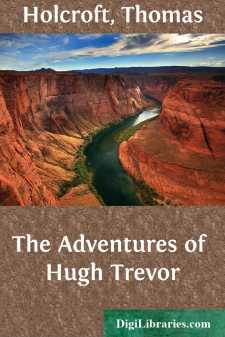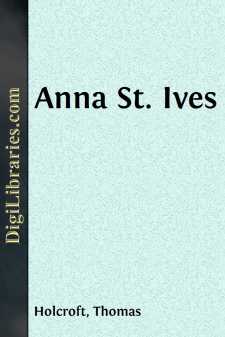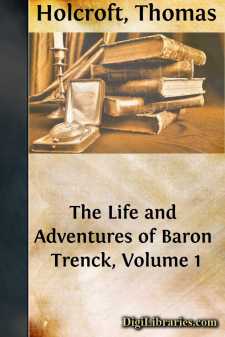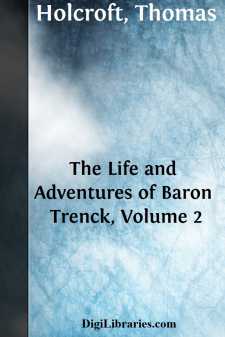Categories
- Antiques & Collectibles 13
- Architecture 36
- Art 48
- Bibles 22
- Biography & Autobiography 816
- Body, Mind & Spirit 145
- Business & Economics 28
- Children's Books 18
- Children's Fiction 14
- Computers 4
- Cooking 94
- Crafts & Hobbies 4
- Drama 346
- Education 58
- Family & Relationships 59
- Fiction 11831
- Foreign Language Study 3
- Games 19
- Gardening 17
- Health & Fitness 34
- History 1378
- House & Home 1
- Humor 147
- Juvenile Fiction 1873
- Juvenile Nonfiction 202
- Language Arts & Disciplines 89
- Law 16
- Literary Collections 686
- Literary Criticism 179
- Mathematics 13
- Medical 41
- Music 40
- Nature 179
- Non-Classifiable 1768
- Performing Arts 7
- Periodicals 1453
- Philosophy 66
- Photography 2
- Poetry 897
- Political Science 203
- Psychology 45
- Reference 154
- Religion 516
- Science 126
- Self-Help 86
- Social Science 82
- Sports & Recreation 34
- Study Aids 3
- Technology & Engineering 59
- Transportation 23
- Travel 463
- True Crime 29
Our website is made possible by displaying online advertisements to our visitors.
Please consider supporting us by disabling your ad blocker.
The Adventures of Hugh Trevor
by: Thomas Holcroft
Description:
Excerpt
PREFACE
Every man of determined inquiry, who will ask, without the dread of discovering more than he dares believe, what is divinity? what is law? what is physic? what is war? and what is trade? will have great reason to doubt at some times of the virtue, and at others of the utility, of each of these different employments. What profession should a man of principle, who is anxiously desirous to promote individual and general happiness, chuse for his son? The question has perplexed many parents, and certainly deserves a serious examination. Is a novel a good mode for discussing it, or a proper vehicle for moral truth? Of this some perhaps will be inclined to doubt. Others, whose intellectual powers were indubitably of the first order, have considered the art of novel writing as very essentially connected with moral instruction. Of this opinion was the famous Turgot, who we are told affirmed that more grand moral truths had been promulgated by novel writers than by any other class of men.
But, though I consider the choice of a profession as the interesting question agitated in the following work, I have endeavoured to keep another important inquiry continually in view. This inquiry is, the growth of intellect. Philosophers have lately paid much attention to the progress of mind; the subject is with good reason become a favourite with them, and the more the individual and the general history of man is examined the more proofs do they discover in support of his perfectability. Man is continually impelled, by the vicissitudes of life, to great vicissitudes of opinion and conduct. He is a being necessarily subject to change; and the inquiry of wisdom ought continually to be, how may he change for the better? From individual facts, and from them alone, can general knowledge be obtained.
Two men of different opinions were once conversing. The one scoffed at innate ideas, instinctive principles, and occult causes: the other was a believer in natural gifts, and an active fabricator of suppositions. Suggest but the slightest hint and he would erect a hypothesis which no argument, at least none that he would listen to, could overthrow. So convinced was he of the force of intuitive powers, and natural propensities, as existing in himself, that, having proposed to write a treatise to prove that apple trees might bear oysters, or something equally true and equally important, he was determined he said to seek for no exterior aid or communication, from books, or things, or men; being convinced that the activity of his own mind would afford intuitive argument, of more worth than all the adulterated and suspicious facts that experience could afford.
To this his antagonist replied, he knew but of one mode of obtaining knowledge; which was by the senses. Whether this knowledge entered at the eye, the ear, the papillary nerves, the olfactory, or by that more general sense which we call feeling, was, he argued, of little consequence; but at some or all of these it must enter, for he had never discovered any other inlet....





